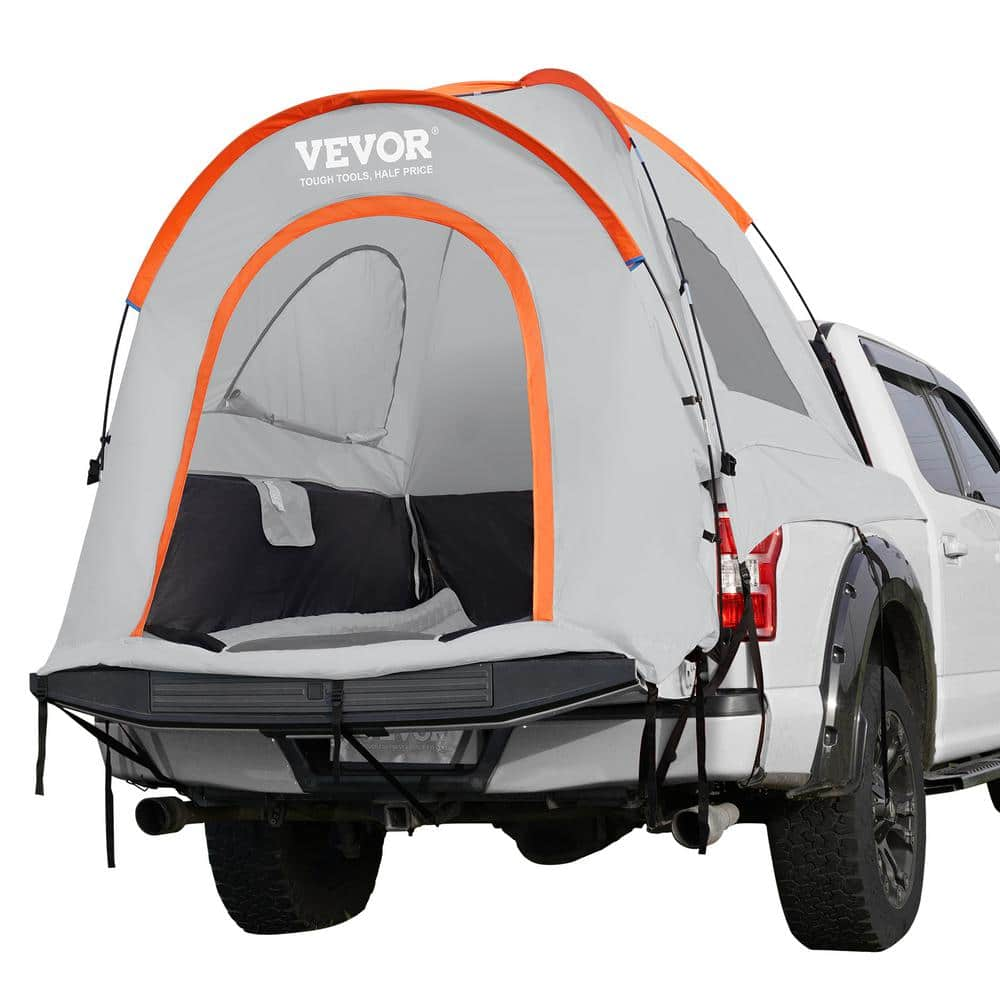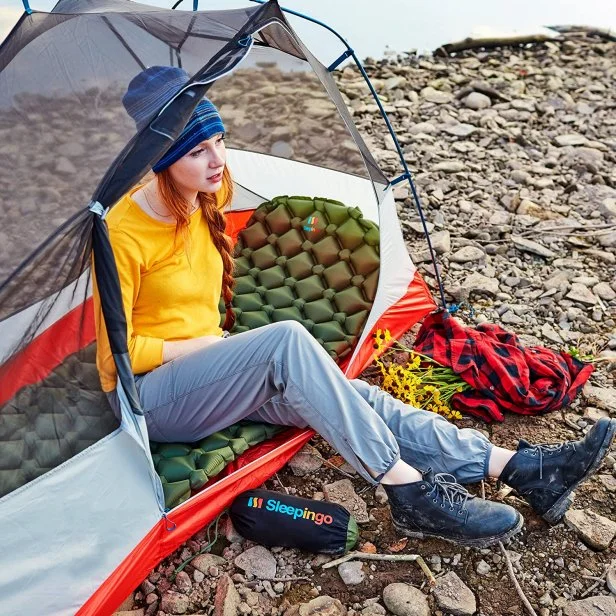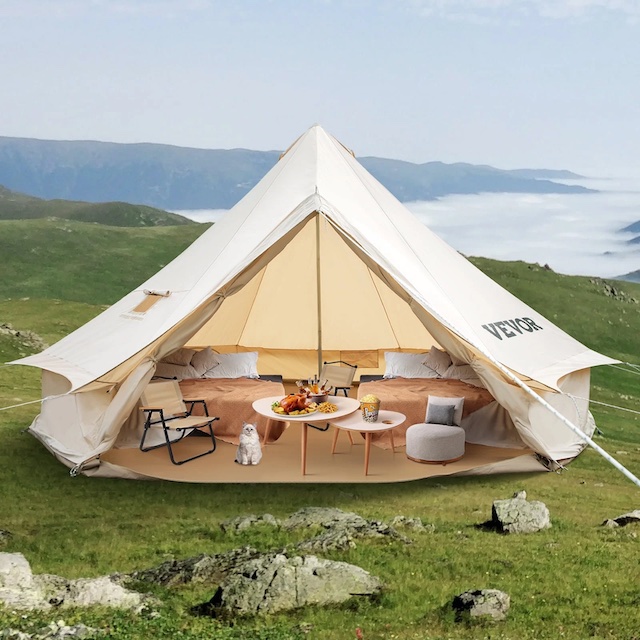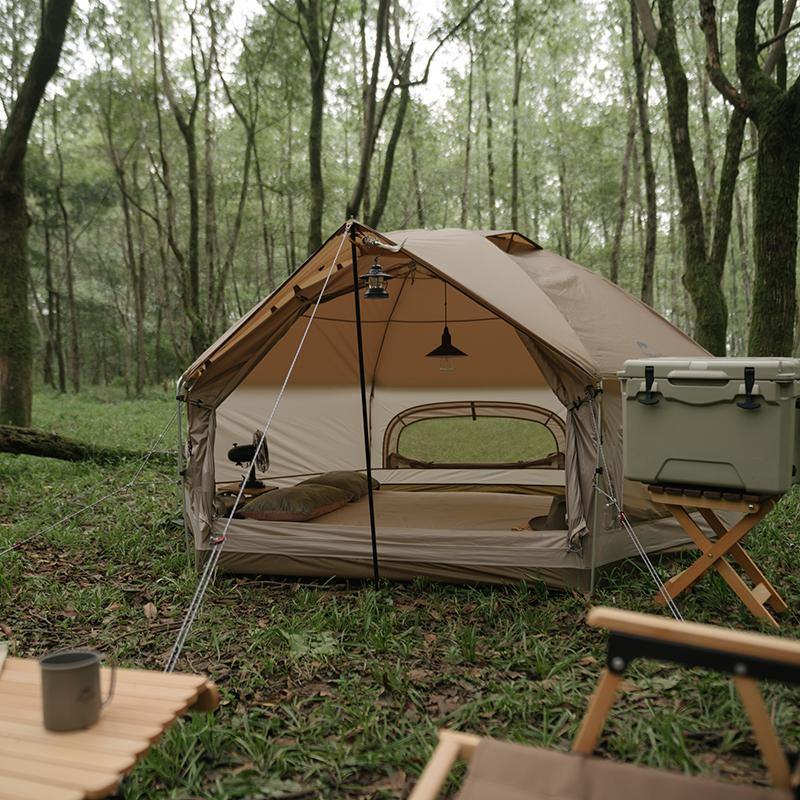Introducing the 2024 Jeep Compass Latitude
Jeep has once again set the benchmark with the 2024 Jeep Compass Latitude. This compact SUV offers a unique blend of style, performance, and comfort. Aimed at adventure enthusiasts and daily commuters alike, the 2024 model encapsulates Jeep’s commitment to versatility and reliability. In this deep-dive review, you’ll get familiar with all that the latest Jeep Compass Latitude has to offer.
From its sleek redesign to the cutting-edge features, the 2024 Jeep Compass Latitude stands out in its class. We will explore this vehicle’s fresh look, highlight its improved capabilities, and discuss the enhancements that make it a standout choice. Whether you’re looking for an efficient ride for city errands or a sturdy companion for off-road ventures, this model promises to cater to a wide array of needs. Stay tuned as we cover every facet of the 2024 Jeep Compass Latitude, ensuring that by the end of this review, you’ll have a comprehensive understanding of its place in the modern SUV market.
Key Features and Upgrades
One of the most exciting aspects of the 2024 Jeep Compass Latitude are the key features and upgrades it brings to the table. Riders will note significant improvements that enhance both the driving experience and comfort levels. In the following sections, we’ll delve into what makes the 2024 model a superior choice.
Exterior Upgrades
The 2024 Jeep Compass Latitude boasts a refreshed exterior with a more aggressive stance. The designers have updated the grille, giving it a bolder appearance that aligns with Jeep’s rugged image. LED lighting is now standard, offering greater visibility and a modern look. New wheel designs have also been introduced, allowing buyers to further personalize their vehicle.
Interior Enhancements
Inside, the Compass Latitude doesn’t disappoint. The cabin features upgraded materials that raise the vehicle’s luxury feel. A larger infotainment display is the centerpiece of the tech upgrades, providing drivers with easy access to navigation and entertainment. Comfort is heightened with improved seating ergonomics and the inclusion of more adjustable features.
Performance Boost
Under the hood, enhanced engine options offer better fuel efficiency without sacrificing power. The transmission system also gets an update, ensuring smoother shifts and more reliable performance. Together, these upgrades make the 2024 Jeep Compass Latitude an even more compelling choice for those who value a balance between power and economy.
Enhanced Safety Features
Safety is paramount, and the new Compass Latitude includes state-of-the-art safety features. Advanced driver assistance systems such as adaptive cruise control and lane-keeping assist are now standard, helping to provide peace of mind on the road. With these additions, the 2024 model becomes a standout in terms of offering comprehensive safety in its segment.
These key features and upgrades are just the beginning of what the 2024 Jeep Compass Latitude has to offer. As we proceed, we’ll provide a more detailed look at each aspect, allowing you to fully understand why this vehicle should be at the top of your list.
Design and Aesthetics: Exterior and Interior Highlights
The 2024 Jeep Compass Latitude impresses with its design refinements both inside and out.
Exterior Highlights
The new model’s exterior features assertive lines that command attention. Upgrades include a bolder grille and standard LED lighting. Tailor your look with the new wheel options presented.
Interior Highlights
The interior of the Compass Latitude sees significant enhancements. High-quality materials embellish the cabin, providing a sense of luxury. The infotainment display, now larger, acts as the tech hub. Adjustability in seating options maximizes comfort for all passengers.
Performance Metrics: Engine, Transmission, and Drivetrain
Performance is a key factor in any vehicle’s appeal, and the 2024 Jeep Compass Latitude has much to boast about. Let’s get into the specifics of the performance metrics this SUV offers.
Engine
The 2024 Jeep Compass Latitude comes equipped with an enhanced engine that prioritizes both power and fuel efficiency. The updated motor provides a robust driving experience while keeping fuel consumption in check. This balance makes the Compass Latitude both enjoyable for spirited drives and practical for daily use.
Transmission
An improved transmission system complements the engine’s capabilities. The new gearbox ensures smoother shifting and contributes to overall vehicle efficiency. Drivers can expect seamless gear transitions whether they’re navigating city streets or cruising on the highway.
Drivetrain
The drivetrain of the 2024 Jeep Compass Latitude is designed to offer reliability and versatility. It supports the vehicle’s ability to handle different terrains with ease. Whether facing muddy trails or snowy roads, the drivetrain provides the necessary traction and stability for confident driving.
Together, the engine, transmission, and drivetrain of the 2024 Jeep Compass Latitude combine to deliver a drive that’s both thrilling and reliable. With these advancements, Jeep shows their dedication to enhancing the driving experience in every aspect.
Technology and Connectivity
In the realm of infotainment and connectivity, the 2024 Jeep Compass Latitude doesn’t lag behind. Packed with cutting-edge technology, the SUV meets the modern driver’s demand for seamless integration and smart features. Here’s what you can expect:
Infotainment System
The heart of the Compass Latitude’s tech features is the new, larger infotainment display. With intuitive touch controls and crisp graphics, it provides easy access to navigation, music, and more. Compatibility with Apple CarPlay and Android Auto is standard, ensuring your smartphone integrates smoothly for calls, texts, and apps.
Connectivity Features
To keep you connected on the go, the 2024 Jeep Compass Latitude includes various connectivity features. A built-in Wi-Fi hotspot allows passengers to browse the internet, stream media, or work remotely. Meanwhile, multiple USB ports ensure that everyone’s devices stay charged.
Advanced Driver Displays
Driver-focused technology is also a highlight. A customizable digital driver display offers vital driving information at a glance. Real-time updates about your Jeep’s performance and navigation suggestions help you to stay informed and focused on the road.
With these technology and connectivity enhancements, the 2024 Jeep Compass Latitude ensures that drivers and passengers alike enjoy a contemporary, connected experience while on the move.
Safety and Driver Assistance Features
When it comes to safety, the 2024 Jeep Compass Latitude sets high standards. The latest model includes advanced systems to protect drivers and passengers. Let’s take a closer look at these cutting-edge features.
State-of-the-Art Safety Systems
The 2024 Compass Latitude comes equipped with a bundle of safety systems. These include automatic emergency braking and blind-spot monitoring. They work together to prevent accidents and improve overall safety.
Driver Assistance Technologies
Driver assistance is a focus for the new Compass Latitude. Adaptive cruise control adjusts your speed to maintain a safe distance from vehicles ahead. Lane-keeping assist helps keep the vehicle centered in its lane. Together, these technologies reduce driver fatigue and improve road safety.
Parking and Maneuvering Aids
Parking is easier with the 2024 Jeep Compass Latitude. Rear parking sensors and a reverse camera come standard, providing a clear view when backing up. These features help drivers to park safely and confidently, even in tight spots.
These safety and driver assistance features show Jeep’s commitment to keeping you secure. With the 2024 Compass Latitude, drivers can enjoy peace of mind on every journey.
Trim Levels and Customization Options
The 2024 Jeep Compass Latitude offers a range of trim levels and customization options to suit every preference. With various packages and accessories, personalizing your Compass Latitude can be both exciting and rewarding. Here’s an overview of what’s available:
Available Trim Levels
Jeep typically offers multiple trims to cater to different desires and budgets. While the exact trim lineup for the 2024 model has yet to be announced, expect a selection that may include Sport, Latitude, Limited, and Trailhawk versions, each with unique features and styling cues.
Exterior Customization
The 2024 model allows for exterior personalization. Choose from an array of colors, wheel designs, and appearance packages. You can opt for add-ons like a sunroof or a tow package, tailoring your SUV to outdoor adventures or urban style.
Interior Options
On the inside, customize with different upholstery options and interior trim finishes. Premium sound systems and sunroof options provide a luxury feel, while practical accessories like all-weather floor mats are available for the more adventure-focused driver.
Packages and Add-Ons
Jeep also provides various packages with grouped features like advanced safety, off-road capabilities, or technology enhancements. Depending on your driving needs, you can select a package that enhances comfort, performance, or safety.
Choosing your trim and customizing your 2024 Jeep Compass Latitude means making it fit perfectly with your lifestyle. Whether you’re gearing up for rugged terrain or seeking comfort and tech-rich features for your daily commute, Jeep’s customization options have you covered. Check out the latest offerings and build a Compass Latitude that’s uniquely yours.
Pricing and Value for Money
When considering a new vehicle, pricing and value for money are crucial factors. The 2024 Jeep Compass Latitude, with its array of features and enhancements, presents itself as a competitive option within the SUV market.
The Jeep Compass Latitude is expected to come at a range of price points depending on the chosen trim level and added customization options. Although official pricing has yet to be announced, prospective buyers can anticipate a starting price that aligns with the high-quality features and reputation of reliability that Jeep vehicles possess.
When examining value, it’s important to consider the lifetime benefits that come with the purchase. The 2024 model includes significant improvements in performance, technology, and safety, aspects that often lead to higher resale values. Moreover, with better fuel efficiency, owners may save on running costs over time, adding to the Latitude’s overall value proposition.
Additionally, a comprehensive warranty and customer service offerings can enhance the cost-to-benefit ratio of the Jeep Compass Latitude. Potential incentives or financing deals from dealerships could also provide further financial benefits to buyers.
In summary, while assessing the 2024 Jeep Compass Latitude’s pricing, remember to weigh in the long-term advantages it offers. From its potential for lower fuel and maintenance costs to its updated features that may boost its resale value, this SUV represents a promising investment for those seeking both quality and value in their next vehicle purchase.
Comparison with Competitors
When looking at the 2024 Jeep Compass Latitude, it’s helpful to compare it to its contemporaries. This helps potential buyers understand how it stacks up against the competition.
Rival Models
The compact SUV market is crowded with contenders from various automakers. Models such as the Toyota RAV4, Honda CR-V, and Ford Escape are often compared to the Jeep Compass Latitude. Each of these competitors offers its own set of features and benefits.
Performance Comparisons
Performance-wise, the Jeep Compass Latitude is designed to rival the power and efficiency of its competitors. Its updated engine and transmission aim to offer a balance that can compete with, if not exceed, the similar offerings of its rivals.
Tech and Safety Feature Showdown
The Jeep Compass Latitude is packed with modern tech features and safety systems. In comparison, we find that some competitors may offer similar infotainment and driver assistance packages. However, Jeep’s focus on off-road capability might give it an edge over others not geared toward adventure.
Customization and Trim Variety
Another area where the 2024 Jeep Compass Latitude shines is customization. With multiple trim levels and personalization options, it may have a broader appeal than certain competitors that offer less variety.
Price Point Evaluation
Lastly, when it comes to pricing, the Compass Latitude aims to provide a balanced package. It may sit in a similar price range to its competitors, making value for money a key comparison factor. Buyers will look at what they get for their investment, such as fuel efficiency, built-in features, and brand reputation.
In conclusion, the 2024 Jeep Compass Latitude holds its own in a competitive market. Through careful consideration of performance, technology, safety, customization, and pricing, it presents a compelling choice for SUV buyers.
Final Verdict: Pros and Cons
After a thorough analysis, it’s clear that the 2024 Jeep Compass Latitude stands out in its class. We’ve discussed its remarkable features, design, performance, and the advanced safety and tech offerings. Now, let’s weigh the pros and cons to help you make an informed decision.
Pros
- The redesigned exterior offers a rugged yet modern appeal with LED lighting and new wheel options.
- Interior upgrades bring luxury and comfort, thanks to high-quality materials and a larger infotainment display.
- Performance is enhanced with an efficient yet powerful engine and a smooth transmission.
- State-of-the-art safety features and driver assistance technologies provide peace of mind.
- A variety of trim levels and customization options ensure that there’s a Compass Latitude to suit every taste and need.
Cons
- Pricing details are not yet released, so cost-effectiveness is still to be determined.
- While the Compass Latitude offers many features, some may still prefer the more off-road focused abilities of the Trailhawk variant or competitors.
- In a crowded market segment, some might find competitors offering specific features more aligned with their preferences.
In summary, the 2024 Jeep Compass Latitude impresses with its comprehensive upgrades and attention to detail. It boasts a wide array of features to please both city dwellers and adventure seekers. The onus is on potential buyers to decide if the Jeep Compass Latitude’s blend of style, performance, and tech meets their expectations and fits their lifestyle. With its pros and cons considered, the 2024 Jeep Compass Latitude appears poised to take a leading position in the SUV market.
















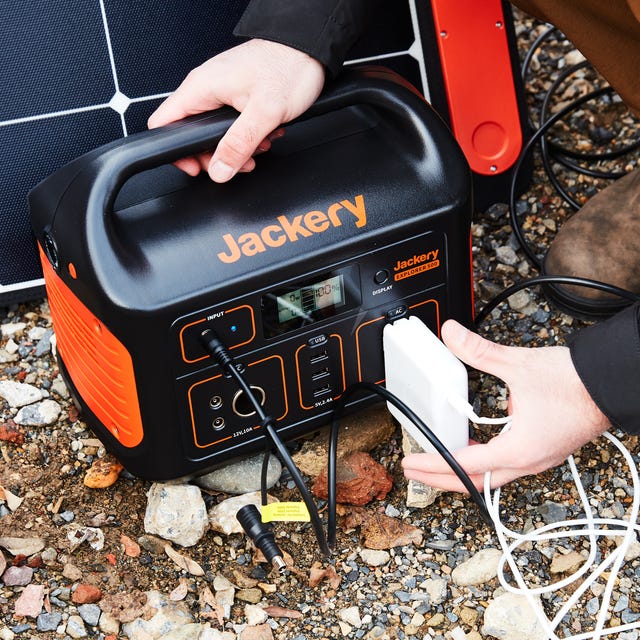


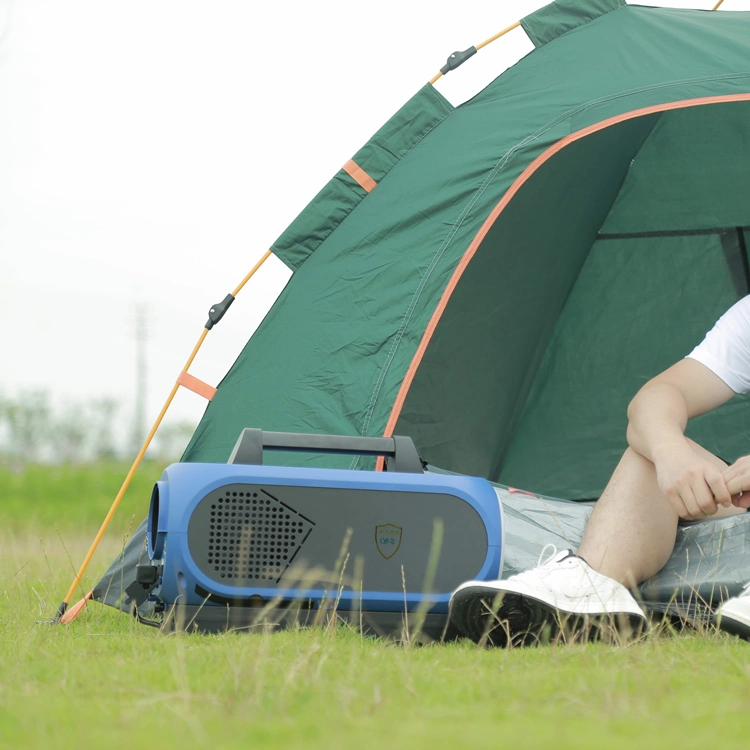
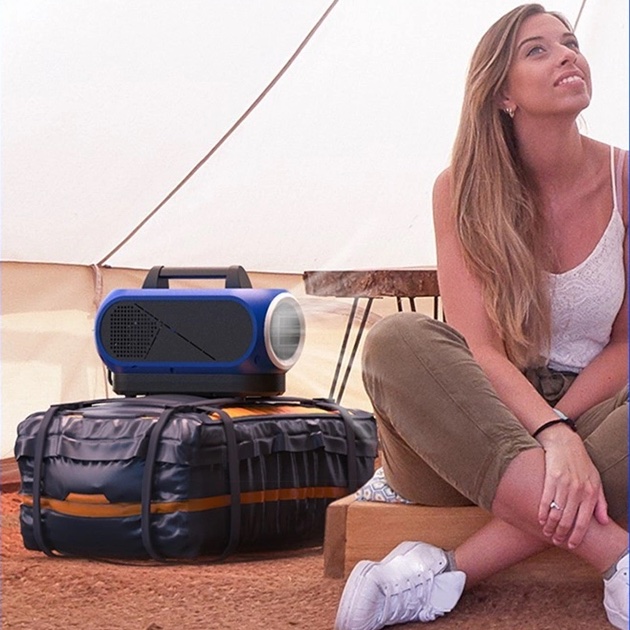

 Conclusion
Conclusion

